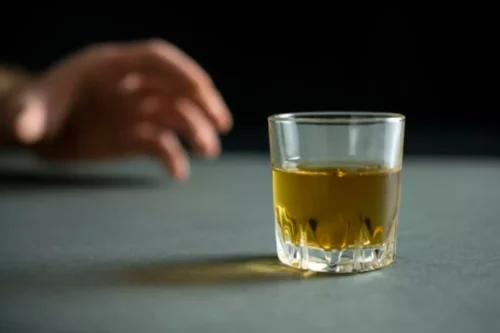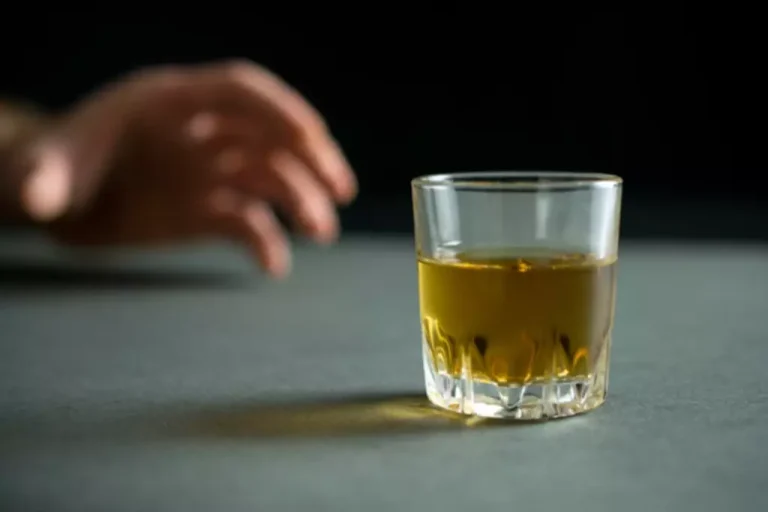
About 40-60% of those struggling with addiction relapse following treatment. Whether your triggers are emotional distress or a specific situation, it is essential that you know what compels you to use when trying to lead a life of sobriety. Understanding what triggers you to relapse and having a plan in place for these triggers are your first steps toward prevention.
Positive Feelings

The stressed rats’ responses to the trigger mirrored those of people during relapse. People at risk of a relapse should avoid stressful situations that are likely to push them to use drugs and alcohol. Friends and family may not understand the consequences of negative behaviors toward people in recovery. These behaviors can make the individuals feel alienated and push them toward substance use.

Reach out now and join our supportive

Triggers are essentially external or internal cues that lead to cravings and relapse.So, what should you know about addiction triggers? In this article, we take a closer look at what these triggers consist of and how to avoid addiction triggers so you can pave your way toward lasting recovery. A trigger can be any social, psychological, or environmental cue that causes someone to think about using drugs or alcohol. The specific types and amount of triggers that each individual experiences depend on many factors. These factors include the person’s individual history of substance abuse, co-occurring mental health disorders, and life experiences. Developing self-awareness, honing coping skills, and utilizing support systems are effective strategies for managing relapse triggers after exploring relapse and its coping strategies.
- Many people who want to avoid relapse need to avoid the triggers once they recognize them.
- Suddenly, you find yourself stepping inside, even though you hadn’t planned on buying anything.
- After identifying triggers, your clients will be prompted to develop strategies to either avoid or cope with their triggers.
- They’re the hooks that catch our attention and often lead us to take action, whether it’s checking our messages, making an impulse purchase, or joining in on the fun.
- Recognizing these triggers is akin to decoding the secret language of our own actions, offering us invaluable insights into why we do what we do.
Positive Feelings Trigger Relapses

These triggers are tied to specific situations, times, or places, and they can have a powerful influence on our actions. Behavioral triggers are stimuli or events that prompt specific responses or actions in individuals. They’re the catalysts that set our behaviors in motion, often operating beneath the surface of our conscious minds. Recognizing these triggers is akin to decoding the secret language of our own actions, offering us invaluable insights into why we do what we do.
Recognizing and managing triggers is crucial for anyone navigating the recovery process from addiction. Internal and external triggers can dramatically impact one’s journey toward sobriety. Here we delve into detailed examples of each, providing a comprehensive look at the triggers you might face and strategies for managing them. This log serves as a tangible record of an individual’s journey through recovery, offering valuable insights into the specific triggers they face and how they respond to them. Over time, this can guide the development of personalized strategies to manage these triggers effectively, reducing the risk of relapse and supporting long-term recovery.
We propose you take a moment to learn about how addictive triggers can impact your life. In doing so, you will be able to spot the different signs of addiction and protect yourself better in the future. As a result of this increased awareness, your emotional reactions may feel more understandable, valid, predictable, and less out of control. For example, you might inadvertently come into contact with a news story or conversation that reminds you of your traumatic event.
Common external triggers include:
You probably experience nervousness, frustration, pressure, fatigue, embarrassment or boredom from time to time in your everyday life. While some people process these feelings easily and let them roll off their back, individuals in recovery can have a hard time managing these emotions. Fear, guilt, shame, anger and depression are common internal triggers. If you feel criticized or alcoholism treatment belittled, you might want to turn to substances to numb those feelings or push them aside. What is most important is identifying your unique triggers and learning to cope with them in a way that is healthy and positive.
External Triggers: People, Places, and Situations
Practices like cognitive internal and external triggers behavioral therapy, for example, enable you to rebuild the brain pathways and negative thoughts that lead from triggers to unhealthy responses. Some triggers can be especially hard to face, but attempting to ignore them can lead to relapse and more pain. It can be difficult at first, and you’ll likely have some tough truths to face, but over time you’ll learn to show yourself some grace and compassion.

What Are Internal Triggers?
Remember, the goal isn’t to eliminate all triggers – that would be impossible and even undesirable. Instead, the aim is to become more aware of our triggers so we can make conscious choices about how to respond to them. This awareness gives us the power to shape our behaviors intentionally, rather than being at the mercy of unconscious influences. This example illustrates how multiple triggers can converge to influence a single behavior. Understanding these interactions can provide valuable insights into our more complex or persistent behavioral patterns.
How Fitness and Exercise Play a Role in Addiction Recovery
- Internal triggers originate from within oneself, often linked to emotional factors.
- For internalized triggers, it often requires a deeper level of self-awareness and sometimes professional help to address the root causes.
- Cues such as spoons can trigger memories of drug use in former heroin users without them being aware.
- It is perilous for a person in recovery to be around substance-using friends and family.
These triggers have been internalized over time through repeated exposure to certain experiences or through unresolved emotional conflicts. For instance, hearing a particular https://ecosoberhouse.com/ song might remind you of a difficult breakup, or a crowded room might make you feel anxious because of past negative experiences in similar settings. What might be a neutral event for one person could be a significant trigger for another, depending on their past experiences and emotional history. By focusing on these strategies, individuals can effectively manage cravings and build resilience against relapse during their recovery journey. Engaging in activities that bring you joy is an excellent way to cope with triggers when they arise. There may be people in your life who consistently pressure you to drink or use drugs.
